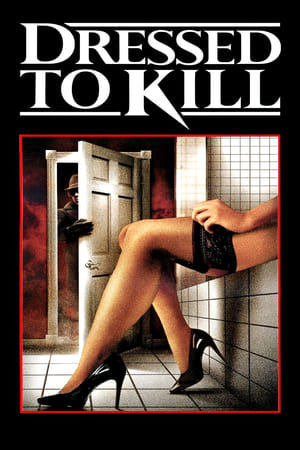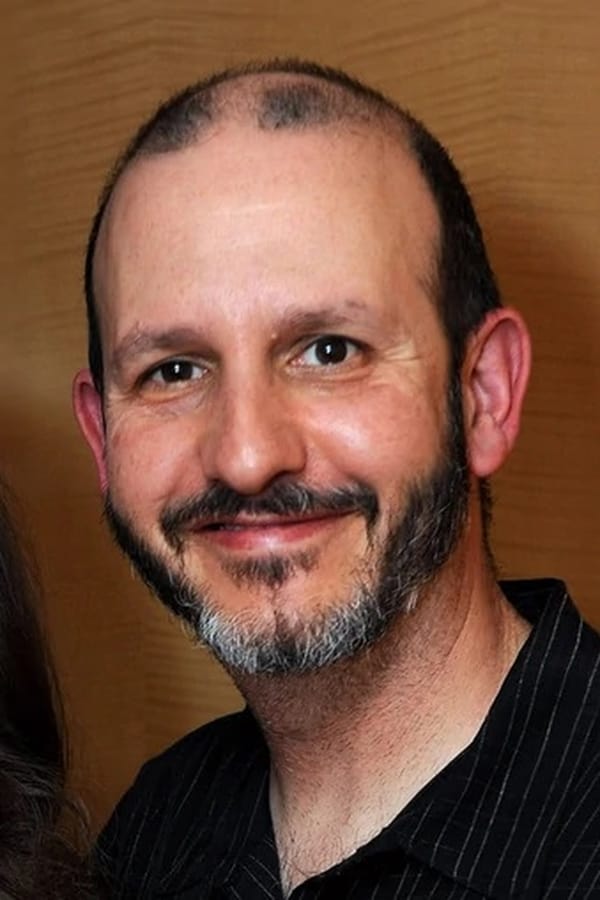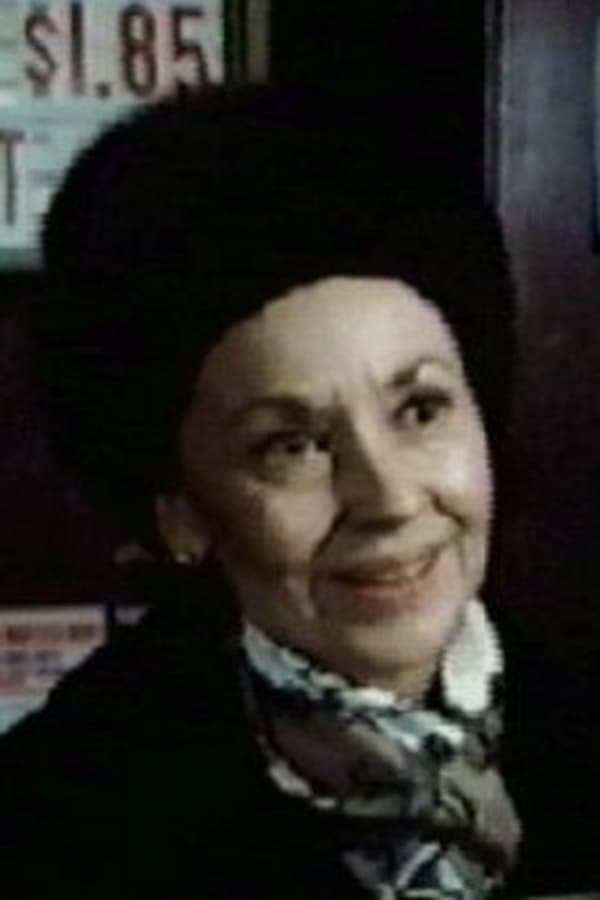TW: Transphobia, Sexual Assualt, Violence, Misogyny // Spoilers for Sleepaway Camp ahead
We [meaning mainly the girls, the gays, and the theys] all love a good revenge film — Jennifer’s Body, Ms. 45, Carrie, and the new addition to the canon: Promising Young Woman. All the films feature a woman who enacts her own version of justice against those who are not being punished for a heinous crime — normally upholders of oppression like sexual assaulters. Though violent, sometimes exploitative, and not usually having a happy ending for the femme protagonists, at the center of these stories are questions about how justice truly functions in our society. As we’ve seen post #metoo, industries have slowed in making progress and even the so-called damaging “cancel culture” has not removed most abusers from their platforms. In this subgenre, fantasy and catharsis intertwine as one where we can escape to an alternate reality where the oppressed play karma in making those who killed our soul suffer in response. Though it does not fix the structural roots and usually punishes the women in the finale, the everlasting images are an escapist fantasy where related audience can feel sublime satisfaction that only comes with pure vengeance. That’s why we [see previous] love them.
For anyone who is not a cis white woman, a justice-fueled murderous rampage is not framed as liberation. Instead, they contribute to harsh stereotypes that vilify minority women with dangerous consequences. Particularly, trans women have been coded as serial killers for decades — especially since, possibly the most famous horror film ever, Psycho. The trope has expanded since then where explicitly or implicitly coded trans serial killers have made up some of the most well-known villains in horror and cinema history: including Leatherface, Bobbi, and, worst of all, Buffalo Bill. The most explicit — and “coincidentally” the most egregious, in my opinion — is the 1983 B-movie Sleepaway Camp. The protagonist is revealed to be trans, forced into being a girl by the eccentric aunt she is sent to live with after a freak boating accident kills both her sister and father. She goes on a killing rampage murdering all the bullies who torment and do her wrong during her time there. When Carrie did this to her classmates, there was a certain sympathetic tone to her atrocities. There’s even a clear case of justification for her murderous escapade. She, however, has never been referred to as a serial killer in cinematic discourse but more as something closer to a misunderstood superhero. For trans women in media, their perception and representation are completely different with grave consequences. Historically, when they have been shown in mainstream media, there is an association of fear, intense violence against women, and an issue of severe psychological trauma on part of the trans character. Cis white women from Carrie to Cassie are given the guise of innocence and retaliation while trans women are stereotyped into monstrous creatures more often than not.





















